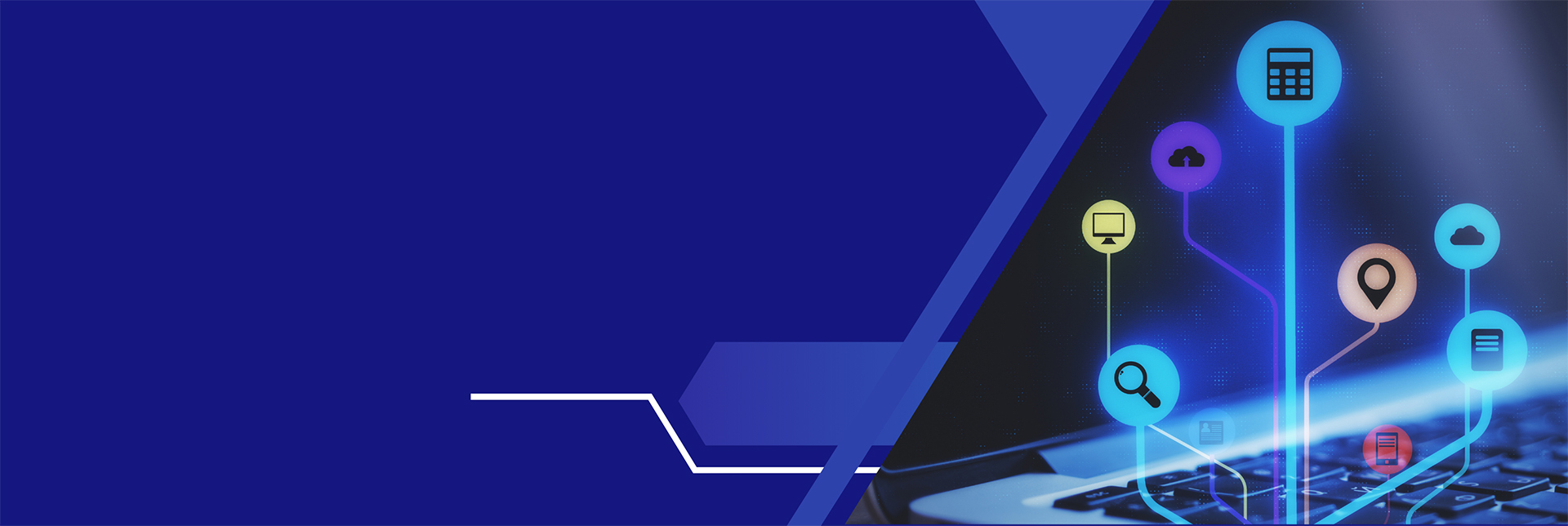
Cybersecurity involves safeguarding internet-connected systems, including hardware, software, and data, from cyber threats. It is crucial
Cybersecurity involves safeguarding internet-connected systems, including hardware, software, and data, from cyber threats. It is crucial for individuals and enterprises to protect against unauthorized access to data centers and other computerized systems. An effective cybersecurity strategy establishes a robust security posture, defending against malicious attacks that aim to access, alter, delete, destroy, or extort an organization or user’s sensitive data. Additionally, cybersecurity prevents attacks that could disable or disrupt system operations.
A comprehensive cybersecurity approach should include multiple layers of protection across all potential access points and attack surfaces. This encompasses safeguarding data, software, hardware, and connected networks. Proper training in compliance and security processes is essential for all employees who have access to these endpoints within an organization. Organizations also employ unified threat management systems as an additional layer of defense against threats. These tools detect, isolate, and remediate potential risks, notifying users when further action is necessary.
As for startups, they represent an innovative way to launch new businesses. Prior to the pandemic, startup work culture involved resourcefulness, such as using basic laptops or repurposing home hardware. However, the post COVID-19 landscape has introduced new work paradigms, including remote work and shared workspaces. In this context, cybersecurity for startups has become critical. As public and private organizations, along with governments, increasingly rely on computerized systems for day-to-day operations, the risk of security breaches looms large.
Types of cyber threats startups may face:
- Supply Chain Threats: The supply chain poses a significant risk to application security. Attackers exploit soft targets or undiscovered vulnerabilities in cloud-based applications, especially in today’s work-from-home and infrastructure cloud integration scenarios.For instance, In December 2020, a massive cyberattack targeted SolarWinds, a US-based software company specializing in network management tools. The attack had far-reaching consequences, impacting several Indian organizations, including the National Informatics Centre (NIC), the Ministry of Electronics and Information Technology (MeitY), and Bharat Heavy Electricals Limited (BHEL)
- Cloud-Based Attacks: As cloud deployments surge, businesses face rising threats:
- Trojan Horse Virus: Deceptive programs that execute actions different from their appearance.
- Spyware: Monitors user activities and shares information with third-party attackers.
- SQL Injections: Exploits vulnerabilities to gain unauthorized access to web application databases.
- Distributed Denial-of-Service: Floods servers with unauthorized traffic, disrupting web services.
- Ransomware Attacks: These increasingly common security risks target critical data and systems. Ransomware, a malicious malware, infiltrates networks and encrypts data, demanding a ransom for decryption. Startups with customer data are particularly vulnerable.
- Phishing Attacks: Phishing tricks users into visiting malicious sites or downloading compromised files. Once trapped, hackers gain access to data and can create hidden way in for future illegal activities
As digitalization accelerates, startups and SMEs are increasingly vulnerable to cyberattacks due to their limited security infrastructure, which can leave them susceptible even to ordinary email communications. “ABC”, a Startup, faced a similar situation when the laptop belonging to one of its Senior Employee got stolen. This led to a range of Cyber security challenges and potential Cybercrimes as the data contained in the laptop was compromised which led to Data Breach and Unauthorized Access was gained by the thieves to the sensitive data and information relating to employees, clients, access credentials and proprietary information. This incident led to identity theft, as the laptop had personal and financial information which caused the employees and the business severe financial losses. Both Financial and Reputational damage was borne by the Business as the theft of the sensitive data was publicized which withered away the trust of the clients, promoters and shareholders and necessary safety measures and investigations were conducted. The business faced reputational damage as the thieves indulged in Phishing, by sending scam emails to the employees and clients. It also suffered Intellectual Property Theft as the laptop contained businesses designs, IP information, etc.
The Startup while dealing with the Cybercrimes complied and followed the cybersecurity Laws and rules and the Cybersecurity Compliance Management, thus overcoming the mishap by incorporating and implementing key strategies to not only deal with the cyber-attack but also to prevent such happenings in the future. The business followed major strategies like, prioritizing employee training to deal with such situations, establishing and consistently updating data security procedures, having a data backup and recovery system, maintaining an IT team for remotely monitoring the systems of the business, disposing off the old data in a proper manner to avoid problems of unauthorized access, encryption of data such as passwords and Wi-Fi, and regular changing of passwords, by getting the latest cybersecurity software, complying with the cyber security laws, cybersecurity information sharing act. Furthermore, setting up a secured cloud storage mechanism, managing the data cyber security information management guidelines.
Cybersecurity is now a critical concern for organizations worldwide. The costs of data breaches, both financial and reputational, are significant. While technology helps businesses optimize their operations, the multifold increase in cybersecurity threats poses challenges. To address these challenges effectively, organizations require robust cybersecurity partners who not only resolve issues but also prevent them proactively.










